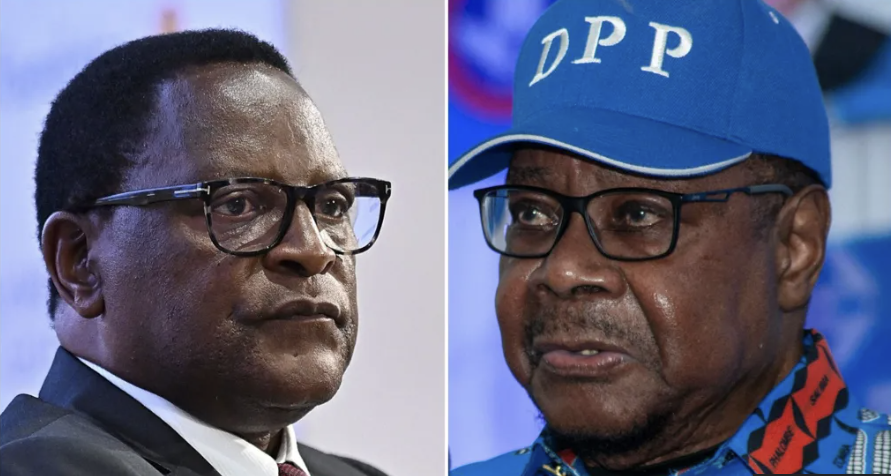Malawians are heading to the polls on Tuesday, 16 September 2025, in a crucial election that will determine the country’s next president, parliament, and local council leaders. The stakes are high, as the southern African nation faces economic turmoil, natural disasters, and lingering political controversies.
President Lazarus Chakwera, 70, seeks a second term after winning an unprecedented re-run of the 2019 election, which had been annulled due to widespread irregularities. Chakwera, a former theology lecturer, has overseen major infrastructure projects, including the reintroduction of train services and road construction. However, his administration has struggled with high inflation, fuel shortages, and allegations of corruption.
Chakwera’s main rival is Peter Mutharika, 85, a former lawyer and law lecturer who led Malawi from 2014 to 2020 and narrowly lost to Chakwera in the 2020 re-run. Mutharika, brother of the late President Bingu wa Mutharika, faces scrutiny over his age and health, though his supporters argue that his tenure managed the economy better than Chakwera’s, pointing to current inflation levels. Other notable contenders include former President Joyce Banda, Vice-President Michael Usi, and former reserve bank governor Dalitso Kabambe.
Malawi’s economy has faced severe challenges in recent years. Cyclone Freddy in 2023 and subsequent droughts have devastated crops, driving up food prices and pushing many Malawians into extreme poverty. Foreign currency shortages and nationwide power outages have further strained households and businesses.
Corruption remains a central issue. Despite Chakwera’s promise to tackle graft, critics argue the fight against corruption has stalled, citing the absence of a director at the Anti-Corruption Bureau and the dropping of high-profile cases. Past leaders, including Mutharika and Banda, have also been linked to scandals, reflecting a long-standing challenge in Malawian politics.
The death of Vice-President Saulos Chilima in 2024 adds another layer of complexity, raising suspicions and political tensions, despite investigations finding no foul play.
With 7.2 million registered voters, Malawi will also elect 229 MPs and 509 local councillors. The new system requires a presidential candidate to secure over 50% of votes to win outright, making a potential run-off likely. Transparency and fairness remain in focus, with civil society groups and opposition parties closely monitoring the electoral process amid reports of politically motivated violence.
This election will test Malawi’s democracy and determine whether the country can navigate its economic and political crises with stable leadership.

